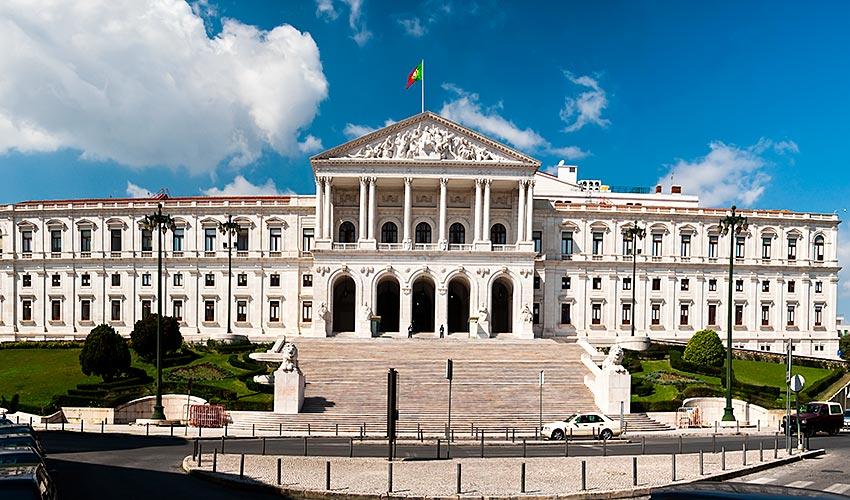Portugal has been a Republic since the overthrow of the monarchy in 1910. Its status as a democratic state began with the so-called Carnation Revolution on April 25th, 1974, which brought down the authoritarian, dictatorship established by António de Oliveira Salazar in 1932.
According to the constitution of 1976, Portugal's chief of state is the President of the Republic, who is directly elected for a five-year term. The President represents the nation, serves as commander-in-chief of the Armed Forces, appoints the Prime Minister and convenes or dissolves parliament as necessary.
The government is headed by the Prime Minister, who appoints the Council of Ministers. These ministers are responsible for debating and approving bills to be submitted to parliament. Parliament (known as the Assembly of the Republic) is a chamber composed of 230 members elected by the public, and is the representative assembly of all Portuguese citizens. Parliamentary elections occur every four years, just like elections for regional governments and local districts.
Currently the President of the Republic is Marcelo Nuno Duarte Rebelo de Sousa and the Prime Minister is António Luís Santos da Costa.

 English
English  Português
Português  Deutsch
Deutsch 

